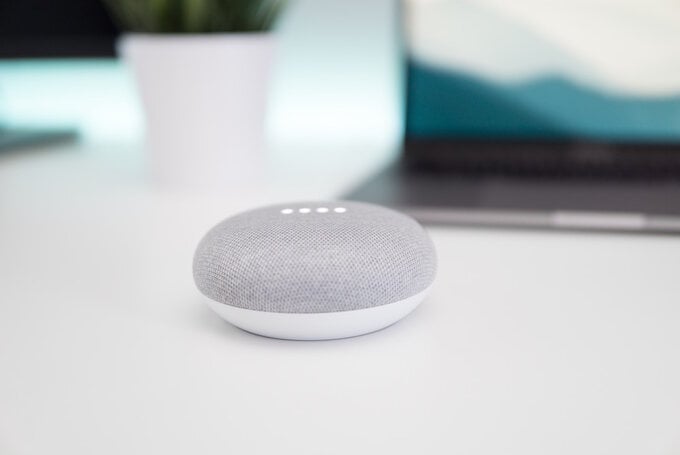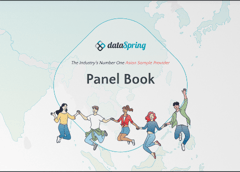
As artificial intelligence (AI) technology develops, should researchers and market research consultants start looking for a new career? Thankfully, the answer is No. In fact, AI has the potential to make market research even more valuable to the organization by bringing more efficiency, depth, and insight to the process.
But first, let's start with the basics. What is AI? A basic definition would be "the science of making computers do things that require intelligence when done by humans."
This is accomplished through algorithms that uncover patterns and generate insight from the data the program gathers or is exposed to, which is then used to make decisions or predictions. In the research industry, AI is thought of in conjunction with big data analytics and the ability to sift through terabytes of data to uncover connections and insights.
In survey market research terms, however, AI has made less of an impact. But the potential is dramatic. Here are some different ways AI will likely affect market research trends in the future.

1. Richer Data Sets
We are already seeing the benefits of supplementing survey data with passively provided information that is gathered during a mobile survey. AI has the potential to incorporate an even wider range of information from publicly available sources like social media and web browsing behavior. This complementary data set would provide much more context and depth. It could also help research overcome issue like social desirability bias, by acting as a check on a respondent's stated behavior versus their actual behavior.
2. Precision Sampling
Market research panels are fine for targeting general demographics, behaviors, and needs, but quickly falls short for lower incidence targets or anticipating future needs. AI-powered recruitment could build potential respondent pools from narrow criteria (50+ adults planning a vacation to Cambodia in the next year) that would be virtually impossible by traditional means. This would be accomplished by intelligently crawling through immense data sets generated by browsing then recruiting potential respondents and verifying their identity.

3. Intelligent Questionnaires
Pre-testing a questionnaire provides an opportunity to adjust and update a survey based on real response. An AI-equipped survey platform could create new questions in response to the data collected. At its most basic, this could mean adding another response option in real-time based on the analysis of the 'other' responses. More sophisticated platforms will be able to probe open-ends using natural language processing, adding an efficient qualitative element to any survey.
4. Deeper Insight
Much of the time involved in the market research process is taken up with data tabulation and summary statistics. In addition, many firms use established metrics based on formulas, like Net Promotor score. AI algorithms would conduct the initial data analysis, provide summary reports, and even make initial conclusions. This will free up the researcher to devote more thinking time to developing implications and recommendations.

Conclusion
AI will not replace the researcher, but will become the valued companion, taking over and automating much of the repetitive, time-consuming (and often mind-numbing) work that goes into the market research process. At its best, AI will help produce information and insights that better reflect the true sentiment and intentions of the marketplace, which should ultimately lead to better decision making and positive business impact.


 Download Panel Book
Download Panel Book


